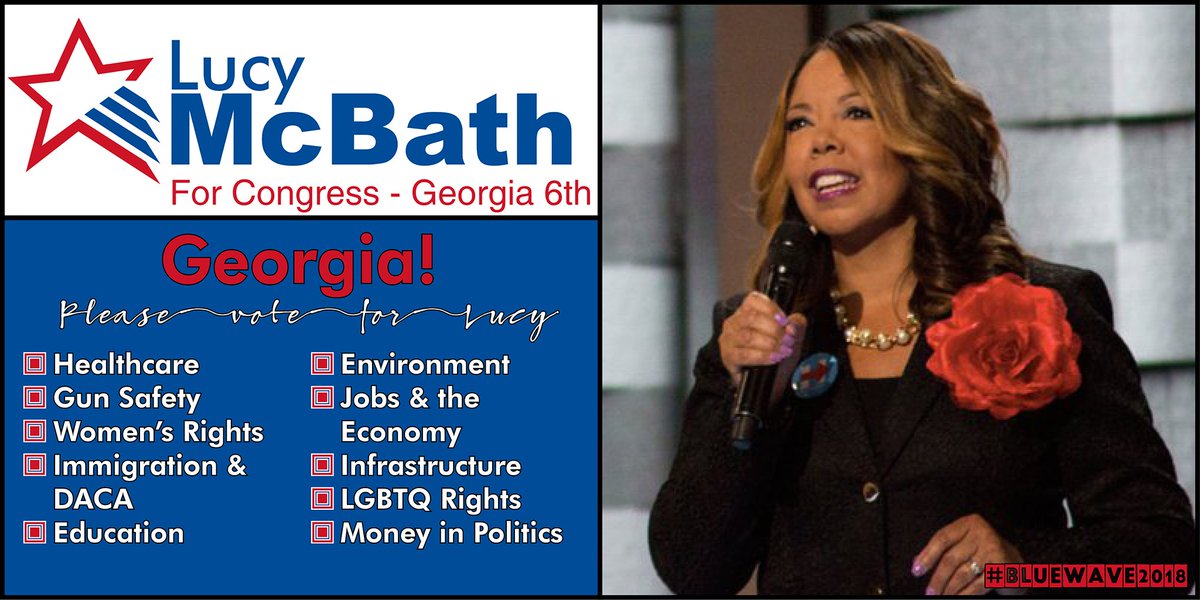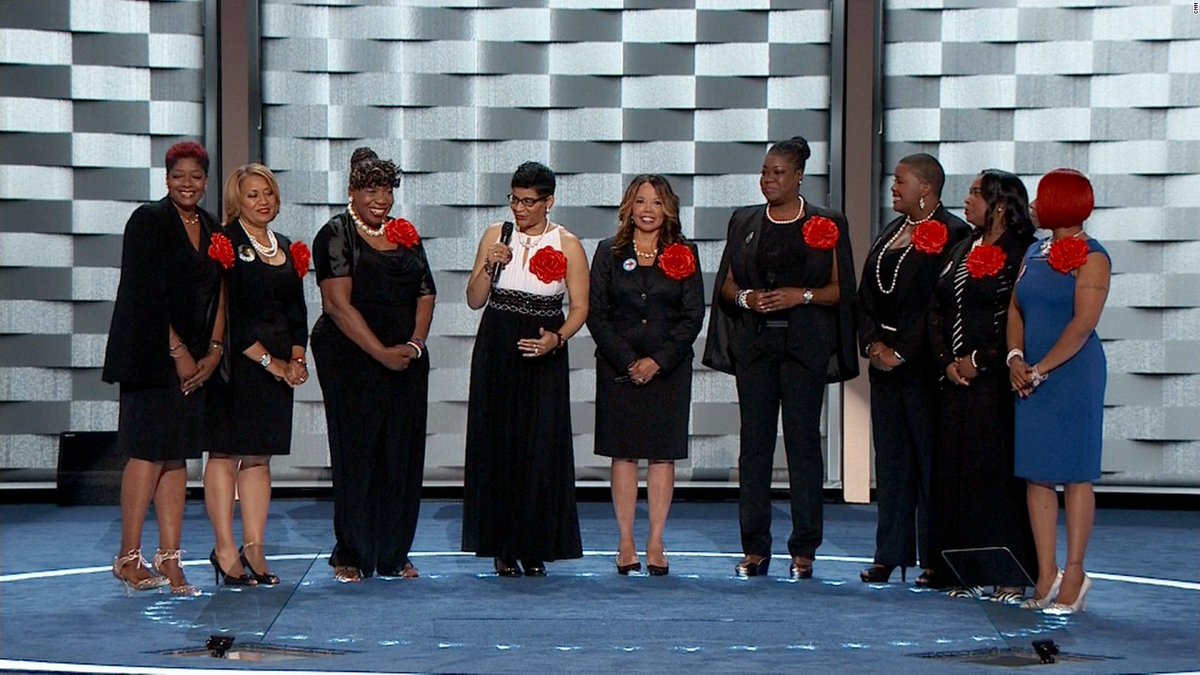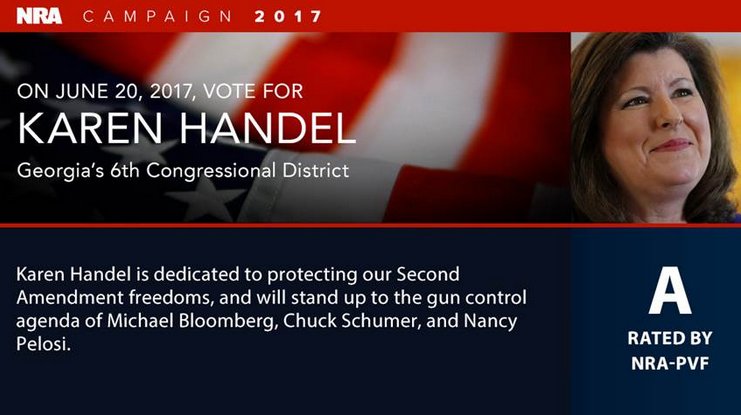It doesn't = affordable housing.
It doesn't = higher wages.
It doesn't = lower prescription drug costs.
What it does: allows one person to sponsor their pet cause while everyone else suffers.
Well, it depends.
That's what businesses are created to do: earn money.
That's not the point. It may not be illegal to dump your toxic sludge into the nearest river, but that is an exploitation of resources. Someone is going to suffer the consequences of that river being polluted.
And for the past 30 years, powerful lobbyists have been doing everything they can to gut these agencies.
And here's where charity becomes problematic.
When huge sums of money are held by increasingly fewer people, that means ONLY those causes get the funding they need.
Would we still need a bunch of nonprofits focused on helping the homeless?
Would we still need The American Heart Association or the Komen Foundation?
So, theoretically, if lower class families had more security, we'd see more charitable giving all around...
We could finally replace those awful water pipes in Flint.
Which, I will point out, no billionaire has done yet.
See, this is why we shouldn't rely on the generosity of a few wealthy individuals to provide critical services. It's a terrible plan.
It's called economics. And it makes sense.




